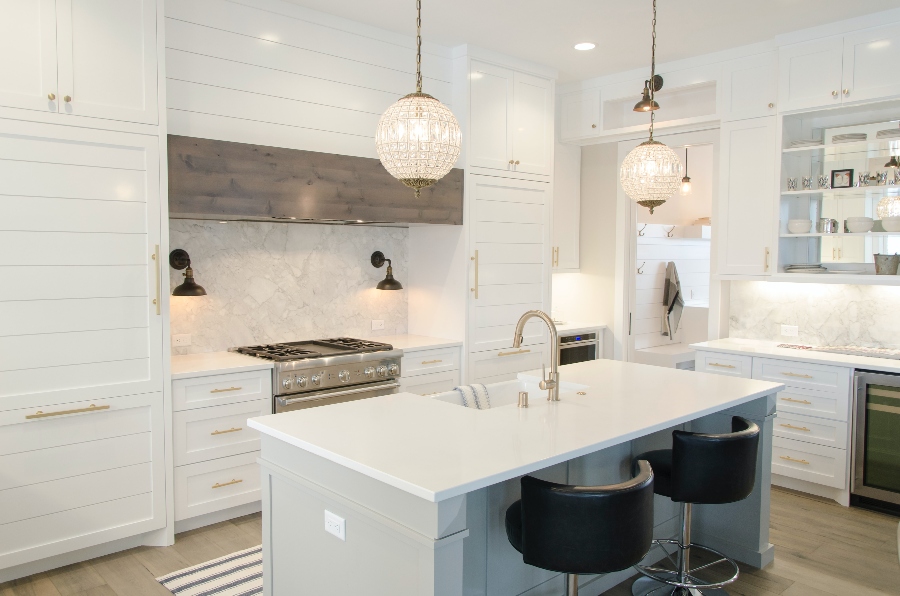If you play your cards right, house flipping can be a very lucrative opportunity. However, there are also certain pitfalls all flippers should be careful to avoid. The following tips provide a mix of what to do—and what to avoid—when it comes to flipping property.
1. Research Is Key
Flipping property is largely about finding the right houses to flip in the first place. FIT Small Business recommends focusing on properties that have good curb appeal and strong surrounding amenities. For instance, parks and green spaces are huge perks. Properties located in good school districts have a leg up over other properties as well. Put another way, it may be a mistake to buy a cheap house if it’s only cheap because it’s in a very undesirable area.
2. Analyze Deals
Math plays a huge role in house flipping too. A helpful rule of thumb is the 70% rule, which means your purchase price shouldn’t exceed 70% of what the property will be worth after repairs, less the necessary repair costs, per Investopedia. This rule does not guarantee a profit on its own, but it does give you some margin for error.
3. Don’t Forget Other Costs
Beyond repairs, other costs will also help determine the profitability of a given deal. Utility bills, property taxes, and other expenses like HOA fees can all eat into your budget, especially if you’re stuck holding the house for a long time. Don’t forget about closing costs, either.
4. Have Funding Lined Up
When you do find the right deal, it’s important to be able to quickly access funding. A preexisting relationship with a financial institution is helpful here. Additionally, having a healthy reserve fund is key; for instance, if too much of your money goes into purchasing a fixer-upper, it may be difficult to cover the repairs it needs before it goes back on the market.
Looking for Funds?
Need funding for your next venture? Reach out to Commercial One Group, and we’ll be happy to go over your options with you!

